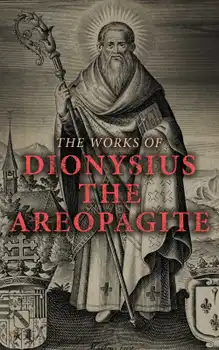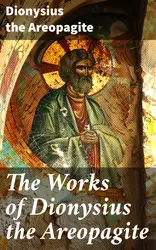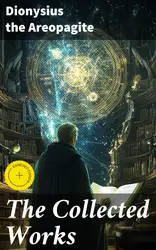Dionysius the Areopagite (or Pseudo-Dionysius the Areopagite) remains one of the most enigmatic figures of the early Christianity. He was a Greek author, Christian theologian and Neoplatonic philosopher of the late 5th to early 6th century, who wrote a set of works known as the Corpus Areopagiticum or Corpus Dionysiacum. The author pseudonymously identifies himself in the corpus as "Dionysios", portraying himself as Dionysius the Areopagite, the Athenian convert of Paul the Apostle mentioned in Acts 17:34. This attribution to the earliest decades of Christianity resulted in the work being given great authority in subsequent theological writing in both the East and the West. The Dionysian writings and their mystical teaching were universally accepted throughout the East, amongst both Chalcedonians and non-Chalcedonians, and also had a strong impact in later medieval western mysticism, most notably Meister Eckhart. Its influence decreased in the West with the fifteenth-century demonstration of its later dating, but in recent decades, interest has increased again in the Corpus Areopagiticum.
The Works of Dionysius the Areopagite
Start din 14-dagers gratis prøveperiode
- Full tilgang til hundretusener av lydbøker og e-bøker i vårt bibliotek
- Opprett opptil 4 profiler – inkludert barneprofiler
- Les og lytt offline
- Abonnement fra 149 kr per måned

The Works of Dionysius the Areopagite
Dionysius the Areopagite (or Pseudo-Dionysius the Areopagite) remains one of the most enigmatic figures of the early Christianity. He was a Greek author, Christian theologian and Neoplatonic philosopher of the late 5th to early 6th century, who wrote a set of works known as the Corpus Areopagiticum or Corpus Dionysiacum. The author pseudonymously identifies himself in the corpus as "Dionysios", portraying himself as Dionysius the Areopagite, the Athenian convert of Paul the Apostle mentioned in Acts 17:34. This attribution to the earliest decades of Christianity resulted in the work being given great authority in subsequent theological writing in both the East and the West. The Dionysian writings and their mystical teaching were universally accepted throughout the East, amongst both Chalcedonians and non-Chalcedonians, and also had a strong impact in later medieval western mysticism, most notably Meister Eckhart. Its influence decreased in the West with the fifteenth-century demonstration of its later dating, but in recent decades, interest has increased again in the Corpus Areopagiticum.

The Works of Dionysius the Areopagite : Enriched edition. Exploring the Mystical Depths of Christian Theology
Dionysius the Areopagite
book
The Collected Works : Exploring Mystical Theology and Divine Love in Medieval Christian Writings
Dionysius the Areopagite
book
The Collected Works
Dionysius the Areopagite
book
The Works of Dionysius the Areopagite
Dionysius the Areopagite
book
The Collected Works
Dionysius the Areopagite
book
The Collected Works
Dionysius the Areopagite
book